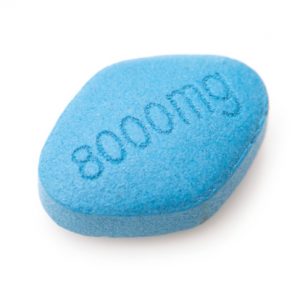
Heart problems, diabetes, multiple sclerosis, and many other health conditions can affect erectile function. Furthermore, certain medications like antidepressants, blood pressure drugs, and antihistamines can contribute to erectile dysfunction, too.
Mental health issues – like depression, anxiety, guilt, low self-esteem, and even stress – can contribute to erectile dysfunction as well.
Other factors include lifestyle habits like smoking, being overweight, not exercising, poor diet, and alcohol or drug abuse.
As you can see, there are many controllable factors contributing to erectile dysfunction that can be altered in order to improve bedroom performance. Uncovering your underlying cause for erectile dysfunction can help you improve your ED.